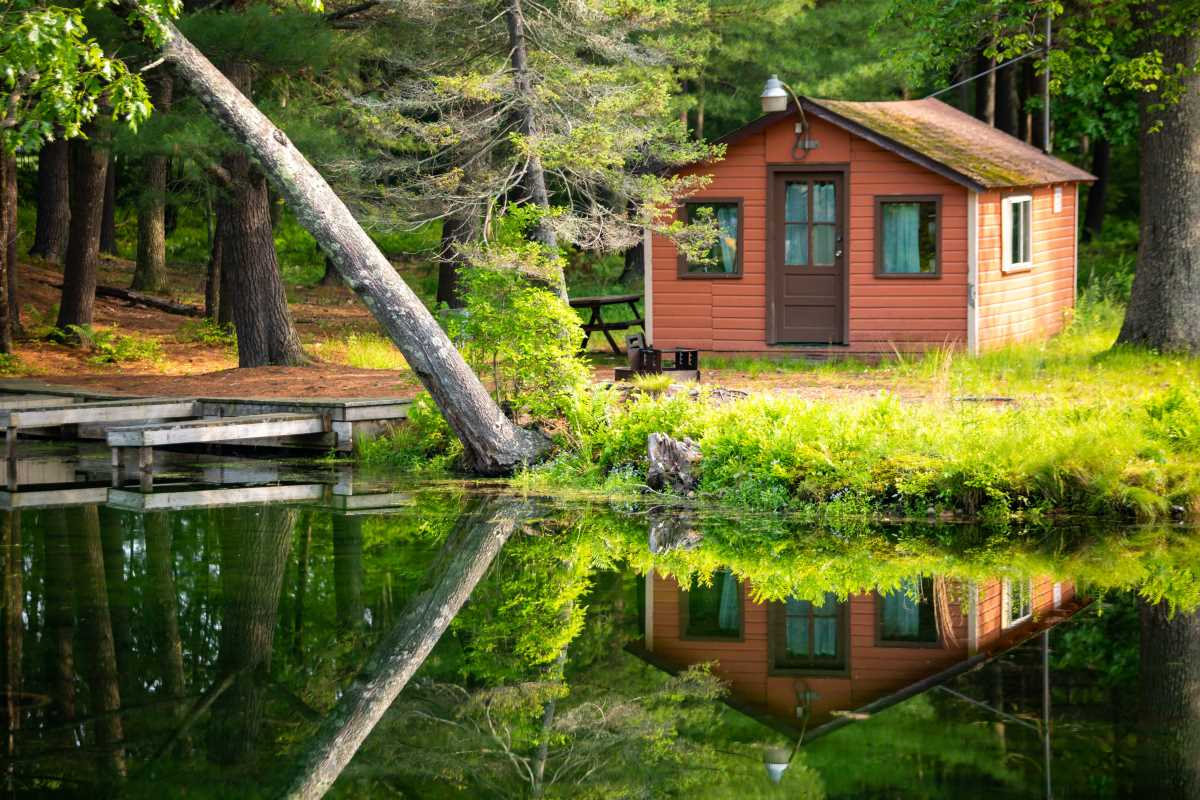All-inclusive resorts have become a popular choice for family vacations, offering convenience, cost predictability, and plenty of entertainment options. These resorts promise a worry-free getaway where meals, activities, and accommodations are bundled into one easy payment. For families dealing with busy schedules and differing needs, this type of travel often appears ideal. However, they’re not without drawbacks. Factors like limited flexibility, hidden costs, and overcrowding can make some families hesitant. Understanding the full picture can help you decide if an all-inclusive resort is the best fit for your next family vacation.
The Benefits of All-Inclusive Resorts for Families
Booking an all-inclusive resort simplifies family vacations in several significant ways. Convenience, cost control, and a wide array of activities are some of the major reasons families opt for this approach.
1. Simplified Planning
Not having to book every element of a vacation separately is a huge time-saver. Most all-inclusive resorts offer packages that include meals, drinks, entertainment, and activities, leaving you with less to worry about. Once you’ve booked, the major decisions—like where to eat or what to do—are largely taken care of.
- Fewer Decisions: Families with busy schedules benefit from knowing that every meal and activity is already planned or readily available.
- Kid-Friendly Portions: Many resorts serve buffet-style meals with plenty of kid-friendly options, so even picky eaters are unlikely to go hungry.
- Peace of Mind: Parents can relax without constantly calculating expenses for every snack or drink purchased.
2. Cost Predictability
An all-inclusive vacation helps families budget with confidence. With the bulk of costs covered upfront, there are fewer surprises when the final bill comes.
- Flat Rates: You pay one price for the entire trip, making it easier to stay within a predetermined budget.
- Kid-Specific Discounts: Some resorts offer discounted rates—or even free stays—for children below a certain age, making it a cost-effective option for large families.
- No Surprise Charges: Standard inclusions like meals, drinks, and often activities mean less chance of being blindsided by hidden fees.
3. Entertainment for All Ages
Keeping kids occupied while carving out some quiet time for parents is a delicate balance, and all-inclusive resorts excel in providing family-friendly entertainment and accommodations.
- Kids’ Clubs and Programs: Many resorts feature kids' clubs that organize activities ranging from arts and crafts to nature explorations, giving parents a chance to recharge.
- On-Site Activities: From waterparks and beach sports to evening entertainment and live shows, these resorts cater to a range of interests and energy levels.
- Family Bonding Opportunities: Shared activities like snorkeling excursions, cooking classes, or group games provide great ways to bond.
4. Safety and Accessibility
All-inclusive resorts are designed to be self-contained, meaning families can enjoy a wide variety of experiences without venturing far.
- Gated Properties: Many resorts offer gated or secure entry, giving families a feeling of safety during their stay.
- Childproof Amenities: Pools often come with lifeguards on duty, and family suites are typically designed with young travelers in mind.
- On-Site Medical Assistance: Resorts geared toward families usually have medical staff or clinics available, adding another layer of security.
The Downsides of All-Inclusive Resorts for Families
Although all-inclusive resorts offer significant conveniences, there are some limitations and potential disappointments. Understanding these challenges can help you avoid common pitfalls.
1. Limited Exploration Opportunities
Staying on the resort property may make sense financially, but it limits cultural and recreational exploration. Families who love immersing themselves in local culture might feel stifled.
- Insular Experience: Many resort guests stick to the property, experiencing the destination only within the resort’s curated environment.
- Extra Fees for Excursions: Exploring beyond the resort often costs extra, whether it’s a tour, transportation, or entrance fees to local attractions.
- Missed Authentic Experiences: Trips to local markets, authentic dining spots, or cultural events might feel rushed or overlooked.
2. Overcrowding
All-inclusive resorts, particularly during peak travel season, can get very crowded. This can impact everything from the quality of food service to the availability of lounge chairs by the pool.
- Waiting Times: Buffets, on-site activities, or check-in processes may involve lengthy waits.
- Decreased Personal Space: Common areas like pools, beaches, or lobbies can become congested, making it harder to relax.
- Noise Levels: Large crowds often lead to higher noise levels, which may not align with what families envision for a peaceful getaway.
3. Hidden Costs and Restrictions
Although marketed as "all-inclusive," not everything is covered in your initial payment. Being aware of these potential extra costs is crucial when weighing your options.
- Specialty Restaurants or Drinks: Premium dining options or branded beverages are often excluded from the package.
- Additional Activities: Items like scuba lessons, spa treatments, or babysitting services commonly come with extra fees.
- Wi-Fi and Technology: Some resorts charge for premium Wi-Fi or require rental fees for family-friendly gadgets like gaming consoles or strollers.
4. Repetitive Dining and Entertainment
While buffet options and planned entertainment programs are plentiful, they may lack variety after a few days.
- Meal Fatigue: Buffets often recycle similar menus daily, potentially leading to flavor fatigue.
- Predictable Activities: Scheduled entertainment or kids' club activities may leave little room for personalization or creativity.
Choosing the Right Resort for Your Family
If you’re considering an all-inclusive resort for your family, researching options thoroughly will help you make the most of your investment. Look for properties that balance convenience with diverse offerings, keeping your family’s unique preferences in mind.
- Check Reviews from Families: Sites like TripAdvisor or family travel forums provide insight into whether a resort truly caters to children’s needs.
- Look for Specialized Amenities: Resorts specifically designed with families in mind, such as those with babysitting services or splash parks, deliver extra value.
- Investigate Cancellation Policies: Flexible booking policies can save you money and stress if plans need to change unexpectedly.
Is an All-Inclusive Resort Right for You?
All-inclusive resorts offer convenience, safety, and family-oriented entertainment, making them an appealing option for busy families. However, they may not suit everyone, particularly those seeking more personalized or culturally immersive travel experiences. With the right approach, all-inclusive resorts can be a fun, hassle-free way to bond and unwind together.
 (Image via
(Image via





